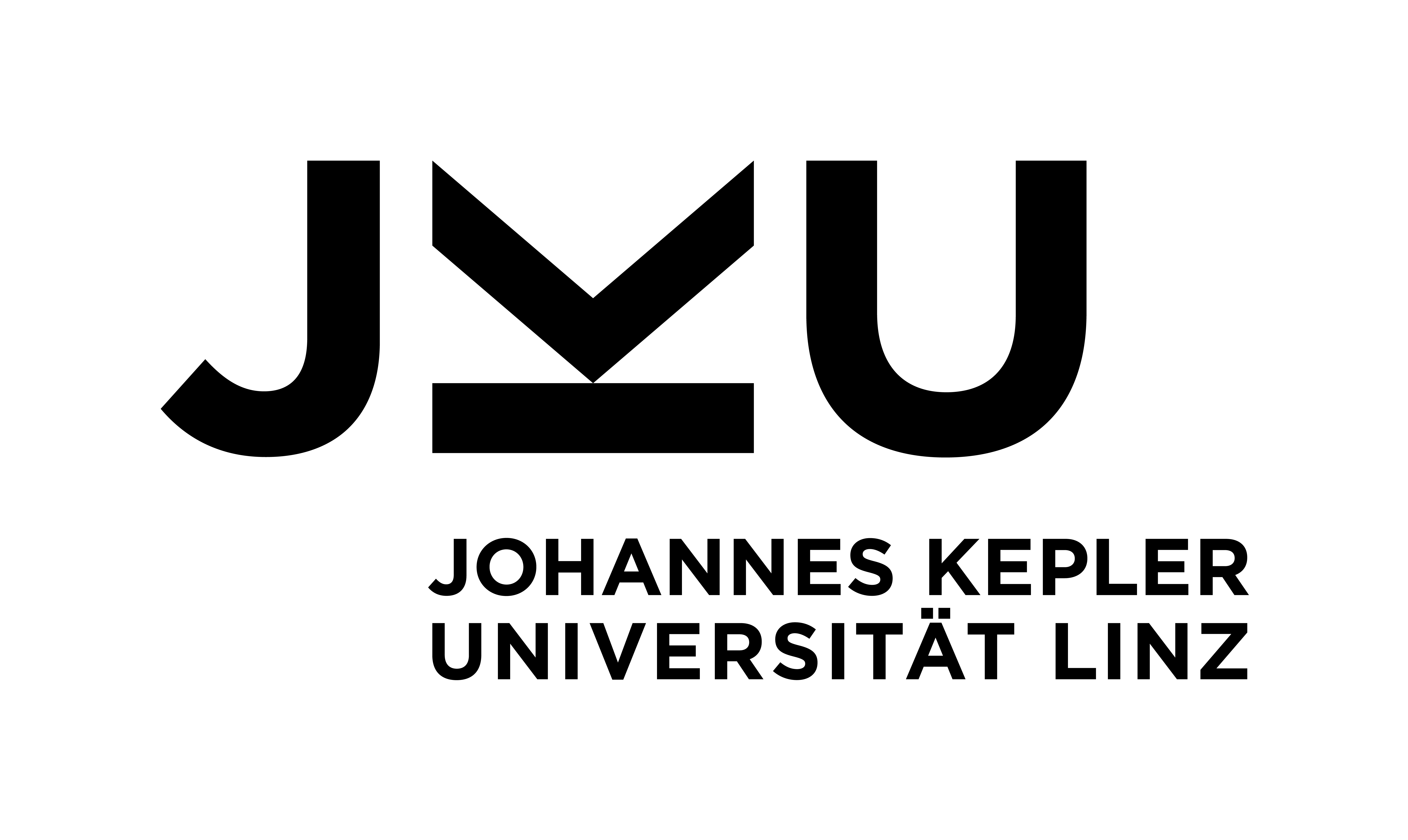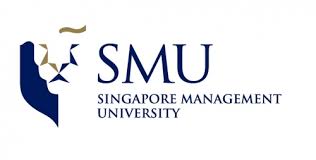| Christine Bauer |
Vienna
University of Economics and Business, Austria |
| Ivan Cantador |
Universidad Autónoma de Madrid, Spain |
| Zhiyong Cheng |
Singapore Management University |
| Mehdi Elahi |
Polytechnic University of Milan, Italy |
| Katayoun Farrahi |
Goldsmith's University of London, UK |
| Arthur Flexer |
Austrian Research Institute for Artificial
Intelligence, Vienna, Austria |
| Bogdan Ionescu |
University Politehnica of Bucharest, Romania |
| Dietmar Jannach |
Technical University Dortmund, Germany |
| Cynthia Liem |
Delft University of Technology, Netherlands |
| Liqiang Nie |
National University of Singapore |
Kjetil
Nørvåg
|
Norwegian University of Science and Technology,
Trondheim
|
| Francesco Ricci |
Free University of Bozen/Bolzano, Italy |
| Giovanni Semeraro |
University of Bari, Italy |
| Marcin Skowron |
Austrian Research Institute for Artificial
Intelligence, Vienna, Austria |
| Sebastian Stober |
Western University, Canada |
| Julián Urbano |
Universitat Pompeu Fabra, Barcelona, Spain |
| Lin Wu |
University of Adelaide, North Terrace, Australia |
| Eva Zangerle |
University of Innsbruck, Austria |




